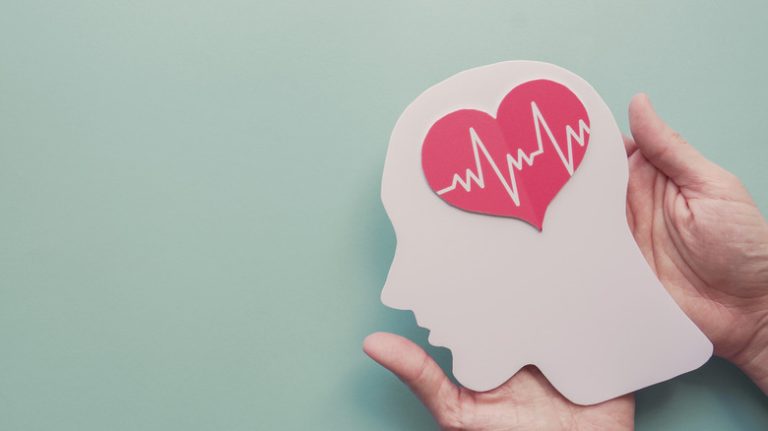Most of us experience stress to some degree throughout our lives. Our bodies are naturally wired to handle certain stressful situations, such as running from a bear. In this sense, stress can boost productivity (per The American Institute of Stress). However, experiencing chronic stress can be detrimental to our productivity if we don’t find ways to manage it.
In an exclusive interview with Health Digest, health psychologist and sleep and stress/anxiety specialist Julia Kogan, Psy.D. explains that work-related stress can be a significant roadblock when it comes to getting things done. “When we are feeling stressed or anxious, we are more likely to procrastinate tasks or avoid them completely,” she says. “This may be due to thoughts that it is too difficult, too complicated, or too challenging to start for some other reason.” This vicious avoidance/anxiety cycle keeps us stressed, knowing we have to finish important tasks. In the end, it can affect the quality of our work, as we’re rushing at the last minute.
Signs of stress in the body

Dr. Kogan says that although stress develops through circumstances in our lives, our physical symptoms of stress contribute to our lack of productivity. “It’s helpful to note that stress activates the sympathetic nervous system, which causes a series of physiological changes in the body,” she says. “This in turn can impact our cognitive abilities, how we feel physically, and sleep.”
Because the stress response seizes our ability to think, it can result in poor attention and concentration. We also become more easily distracted, which can affect our memory and decision-making. We also see stress manifest as a headache, muscle aches, a tight chest, or shortness of breath. Stress might affect our digestive system. When our physical bodies aren’t feeling well, it makes it difficult for us to work.
Stress also affects our sleeping patterns. Turning over our pillows several times each night causes us to be more sluggish during the day. When our brains are sleep deprived, our bodies call for more cortisol during the day to keep us going, which puts more stress on our system.
“As you can see, there are many ways that high stress can get in the way of our ability to feel energetic and focused to be productive and feel good about our accomplishments,” Dr. Kogan says.
Other factors that disrupt our productivity

Dr. Kogan says that our technology often interferes with our efficiency. Digital devices can be handy for doing a quick search, but contiously attending to every notification on our phones can strain our minds and productivity. “Every time we have to shift back to what we are trying to do and refocus our attention, we are using valuable cognitive resources,” Dr. Kogan says.
Because our minds work better when we follow a consistent routine, an erratic schedule can interfere with our productivity. Dr. Kogan says, “If people do not have a somewhat regular schedule they follow or a game plan for their day, they are less likely to be productive, especially since they are more likely to procrastinate getting started.”
Even if we typically eat a healthy diet, we tend to choose sugary or high-fat foods when we’re under stress, according to a 2006 study in Nutrition Research. We might even be so stressed that we skip meals, and Dr. Kogan says that this can worsen our stress. “When we skip meals or eat very sugary foods, this can cause our blood sugar to later drop, which can mimic anxiety-like symptoms, and make attention and focus difficult.”
Optimizing our productivity

GaudiLab/Shutterstock
To make the most out of our time, Dr. Kogan offers several actions we can take. First of all, we can lower our stress and cortisol levels by addressing unhelpful thinking that contributes to anxiety. We can also make sleep more of a priority, which might mean skipping that late-night talk show. Dr. Kogan suggests seven to eight hours of sleep a night to give us a brain boost.
Rather than let our lives run chaotic, we can be more productive if we organize our day in advance. Dr. Kogan says, “Making a plan the night before or the morning of can be helpful so individuals can be focused and get the day started with a level of confidence.” To keep your mind focused throughout the day, Dr. Kogan suggests limiting the number of notifications on your phone or laptop to the most important. If your phone has a mode to reduce distractions, use it when you know you need to prioritize a particular task.
In terms of diet, Dr. Kogan advises a balanced diet of complex carbohydrates, protein, and fat to fuel the body and mind. She also suggests exercising to help clear your mind.
Find out more about Dr. Julia Kogan online at drjuliakogan.com, follow her on Instagram @drjuliakogan, or connect with her via Linkedin.




